Your basket is currently empty!
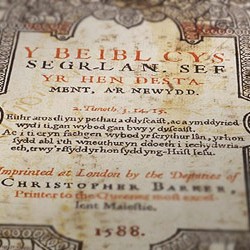
What Impact Did Tudors Have on Cymru?
This post comes from the June issue of Welsh Histories Magazine, which largely focused on the Tudors and their negative impact on Cymru. However, this one was more positive about Elizabeth I and her (whether intentional or not) efforts to save and preserve the Welsh language.
Though Elizabeth I (1533-1603) came to the throne following the anti-Welsh measures taken by her father, Henry VIII, and was certainly far removed from any perceived Welsh likeness at this stage in the Tudor family tree, in her reign came one of the most ambitious and desperately needed (for the sake of Cymraeg’s survival) actions taken to preserve the Welsh language: the translation of the Bible into Cymraeg.
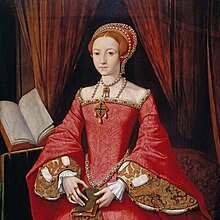
When you consider the actions of Henry VIII and the near-extinction of the other Brythonic languages (such as the severely threatened Kernewek and the long-gone Cumbric languages), one might be forgiven for thinking that there has perhaps never been a more crucial action taken to save the Welsh language during the prolonged phase of endangerment between the 13th and 20th centuries.

Whether it was the intention or not, Cymru owes a great many thanks to William Morgan for his translation of the Bible into Cymraeg.
William Morgan (1545 – 10 September 1604) was a Welsh Bishop and, more precisely, the Bishop of Llandaff and, later, St Asaph. It would, of course, be unfair to grant William Morgan the entirety of the credit as he was heavily-influenced by the earlier translating of the New Testament by William Salesbury (c. 1520 – c. 1584) arguably the leading Welsh scholar of the Renaissance Era.

Salesbury had translated the New Testament into Cymraeg in 1567 (and he had also earlier released an English to Welsh dictionary, further solidifying his own place as a saviour of the Welsh language while Morgan was still a student.
Salesbury’s translation of the New Testament encouraged Morgan to translate not just the New Testament, but the Old Testament as well – something which would further promote the Welsh language and make it even more accessible to people in Cymru, such as the Jewish minority population and Christians seeking the full Welsh Biblical experience.
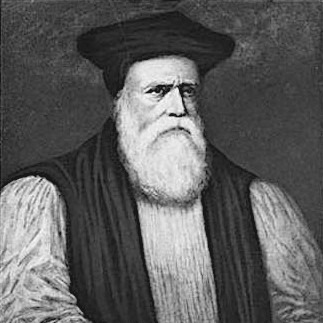
READ NEXT
“Welsh is Beautiful!” The Launch of Fantasy Video Game Based on Welsh Folklore
Cymru’s Worst Ever Tornado Tragedy from Over a Century Ago that Many Have Forgotten Today
Bala, Kansas: A Welsh Ghost Town That Will Remind You of a Painful Past
Welsh Maps That Will Make You Feel Smart About Welsh History (Part 2)
The translation would not have been possible without the support of the monarch of the day, Elizabeth I. She had been friendlier to the Welsh language and culture than her predecessors (it has often been claimed that she, too, could speak Cymraeg) and that her eagerness to see a Welsh Bible written into existence was the grand cause which led to Morgan writing it, which led to a grand total of 1000 copies of the original 1588 Welsh Bibles being printed. The Bible, named in Welsh as “ Y Beibl cyssegr-lan sef Yr Hen Destament, a’r Newydd”, ensured that the Welsh language would survive during the arguable most dangerous period of its existence.
If the Tudors had lost and even betrayed their Welshness by the time of Henry Tudor and Henry VIII, they had at least rediscovered some sense of affection for it during the reign of Elizabeth I. While her reign was still of no great benefit to the people of Cymru, it did allow the Welsh language to survive another few centuries and this is perhaps her greatest legacy.
Both William Morgan and William Salesbury should be remembered as champions of Cymraeg – two men who, again, whether intended to or not, did arguably more for our native tongue than any other.
Share us your thoughts on Tudors impact on Cymru on niklas@welshhistories.co.uk
Bestsellers
More from Welsh Histories
Welsh Histories is a Welsh history celebrating platform which looks to promote all aspects of Welsh history. Though we focus predominantly on native Welsh history, we do also share the non-native aspects from time to time. You can follow us on Facebook; Instagram or Twitter for more. A reader? We also have our very own Welsh Histories Shop where we sell our Welsh Histories Magazine. Diolch yn fawr iawn and keep enjoying Welsh Histories.
Sally is a proud wife of a Welshman, editor & writer of Welsh Histories. She’s all about stories—that shout ‘anything Welsh.’ Drop her an email if you have an advice, insight, experience, or a story to share.
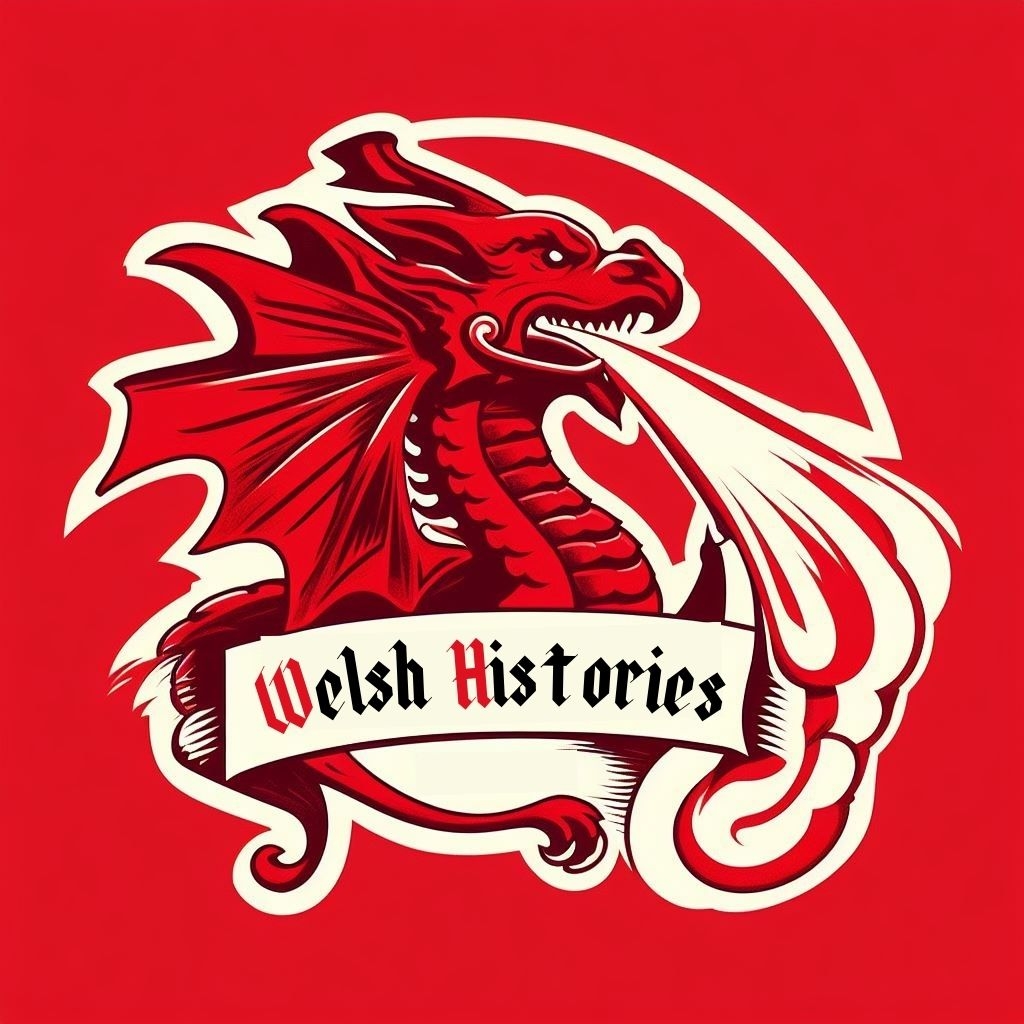
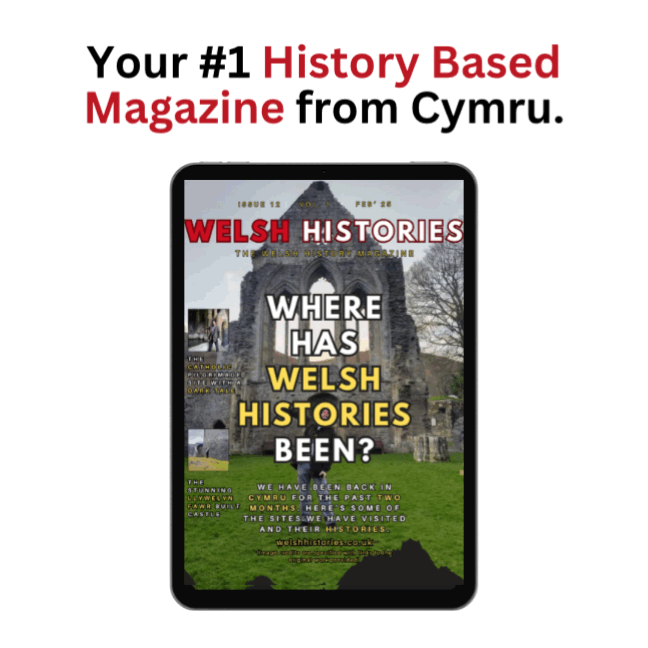
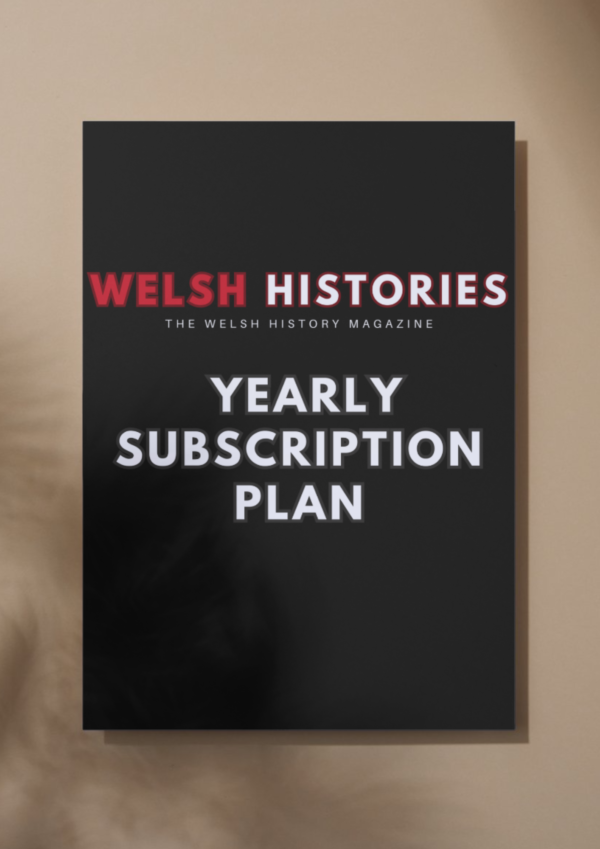
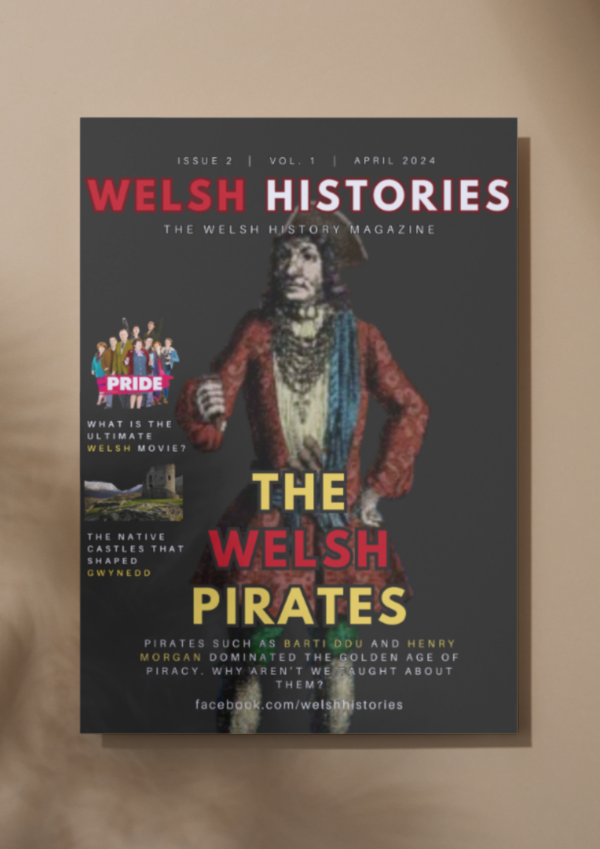
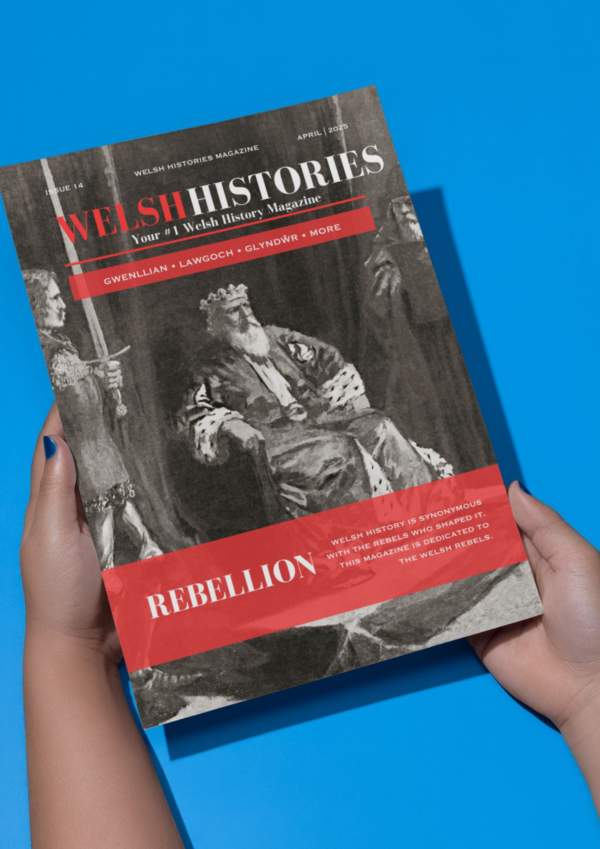
Comments
One response to “What Impact Did Tudors Have on Cymru?”
[…] What Impact Did Tudors Have on Cymru? […]